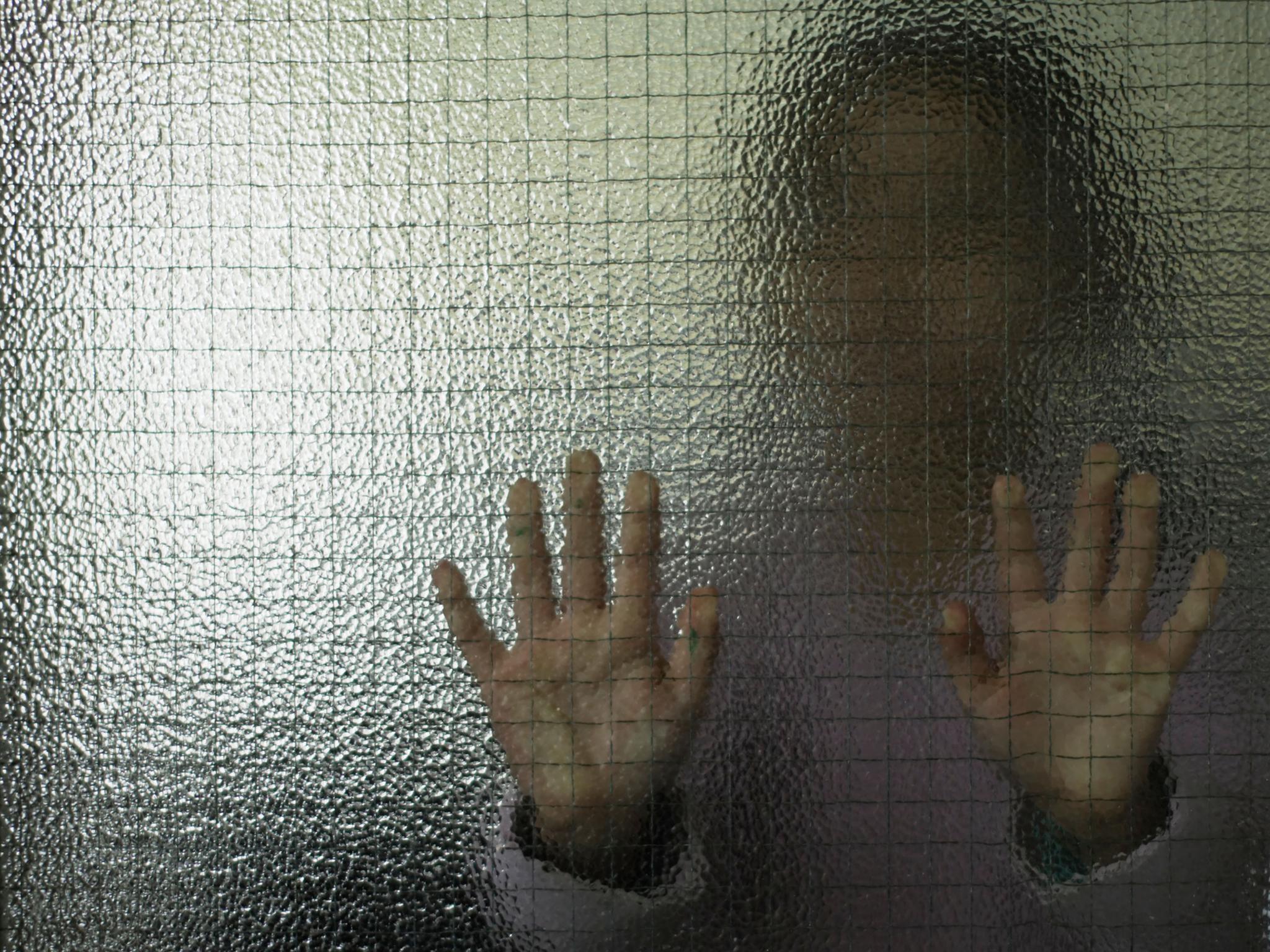Number of women convicted of domestic violence at record high
The data did not specify if the women’s victims were male or female, however campaigners say the statistics serve as a reminder that while the overwhelming majority of abusers are male, women can also commit serious abuse

The number of women convicted of domestic violence has tripled in the last decade, new figures have shown.
1,850 women were convicted of perpetrating the offence in 2006, a figure which rose to 5,641 in 2015. The statistics were released by the Crown Prosecution Service to Parliament following a question submitted by Conservative MP Philip Davies.
The data did not specify if the women’s victims were male or female, or if the abuse occurred between spouses or partners, or family relatives. However, campaigners say the data serves as a reminder that while the overwhelming majority of domestic abusers are male, women also commit serious abuse and their victims must be considered and supported.
In 2015, 92,779 people were convicted of domestic abuse in England and Wales, thereby suggesting that 87,138 or 93.9 per cent of convicted abusers are male, while 6.1 per cent of convicted abusers are female.
Under UK law, domestic violence and abuse is defined as incidents of controlling, coercive, threatening behaviour, violence or abuse between people who are or have been intimate partners of family members. The abuse can be psychological, physical, sexual, financial or emotional and can occur between partners, spouses, parents, children or siblings. Therefore, female abusers could include women abusing male romantic partners, female romantic partners, parents, children or siblings.
In 2012, the law changed to include people under the of 18 as well as incidents of coercive control, and this wider definition may be one reason behind the rise in convictions.
Commenting on the release of the new figures, Mr Davies said: “When people think of domestic violence, they automatically think of men abusing women. But the vast increase in the number of women convicted of domestic violence over the past decade must not be overlooked. We must not forget the male victims.
“Both male and female perpetrators of domestic violence should be dealt with equally harshly by the courts and more should be done to help victims of domestic violence whether they are men or women.”
Mark Brooks, Chair of the ManKind Initiative, told The Independent: “These growth in convictions over the last decade show both the police and the Crown Prosecution Service have woken up to the fact that women also commit domestic abuse. Given over 100,000 men report to the police every year as victim of this crime, the number of prosecutions should still be far higher.”
It is difficult to gather accurate data on domestic abuse due to prevailing stigma and fear which means many victims feel unable to speak out or ask for help and instead suffer in silence.
The largest data collection on domestic abuse is the Crime Survey of England and Wales, which found that 8.2 per cent of women and 4 per cent of men tell researchers they have experienced an incident which falls under the legal definition of domestic abuse. However, sociologists have raised concerns the Crime Survey’s methodology is seriously flawed, resulting in skewed data.
The study involves face to face interviews, which other research has shown results in low disclosure rates of abuse as it involves verbalising an attack which many victims feel uncomfortable doing. The study also conducts interviews in peoples’ homes, raising concerns domestic violence victims will be unable to disclose abuse as their abuser may be in the home and thereby overhear the discussion.
It is feared that male victims of abuse may be afraid to ask for help due to concerns that domestic violence is perceived as being something which only happens to women and their abuse may therefore be trivialised or dismissed.
Sexist social stereotypes which paint women as passive and meek, while construing men as more aggressive, can stigmatise male victims of female abusers. In addition, gay or bisexual men in same-sex relationships may face the double stigma of being a male victim of violence and also fear homophobic or biphobic attitudes from police when discussing it.
The UK’s only specialistic domestic violence centre for LGBT victims, including lesbian and bisexual women in same-sex relationships, closed this summer.
